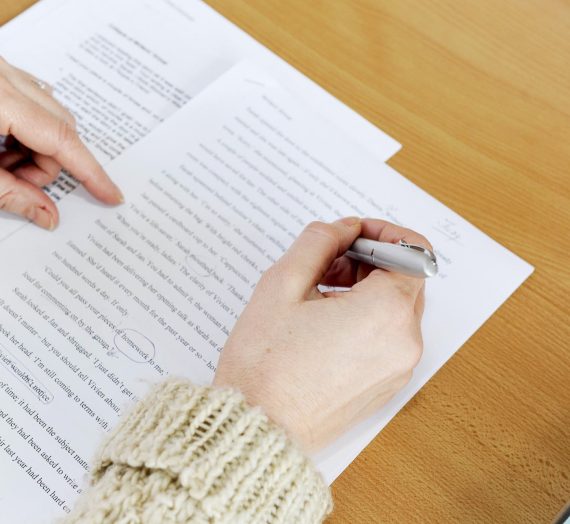Creating a healthy author-editor relationship is essential for ensuring that published material maintains accuracy and value and that authors feel respected.
The relationship between an author and an editor has the potential for tension. In an academic setting, that potential increases. Because authors published in academic journals are often required to publish to keep their jobs, many of them feel pressured to bow to the demands and preferences of their editors, whether or not the authors feel that editorial changes are accurate or necessary. One would expect an author to be able to reject changes he or she feels are inaccurate or unnecessary, but that might not be true.
THE RESEARCH
Arthur G. Bedeian’s (2003) article “The Manuscript Review Process: The Proper Roles of Authors, Referees, and Editors” gives insight into authors’ perceptions of their editors’ changes. In an effort to further understand the role that editors play in the publication process for academic journals, Bedeian sent a survey to the authors of all articles and research notes published in the Academy of Management Journal and Academy of Management Review from 1999 to 2001. In this survey, Bedeian asked respondents to rank how strongly they agreed with statements about working with editors. Included in this survey were statements such as “No pressure whatsoever was exerted by the editor or referees on me to make the revision conform to their personal preferences” and “In revising the manuscript, I only made recommended changes that I agreed were correct” (334).
“Almost 25% [of authors] indicated that in revising their manuscript they had actually made changes they felt were wrong.”
—Bedeian (2003)
After receiving 173 completed surveys, Bedeian analyzed the responses and found that while there were many instances of positive author-editor interactions, there were also some concerning statistics. For example, almost 25% of the authors reported accepting editorial changes that they felt were incorrect, and 38.7% of authors indicated that some of the changes made in their manuscript were based on the editor’s personal preferences rather than on necessity. In addition to this, 34.1% of the authors felt that they were treated as inferior to their editor (333).
THE IMPLICATIONS
As this research demonstrates, unhealthy author-editor relationships where respect is not prioritized can lead to the publication of writing that is inaccurate or does not portray an author’s true intentions or beliefs. One respondent remembered, “In the end, [the editor] actually rewrote sections of the paper to include his preferred terminology. I’m somewhat surprised he didn’t take authorship credit” (335).
While this research was conducted in an academic setting, the implications extend to editors of all genres. Creating a balanced author-editor relationship is essential for both parties to fulfill their unique roles in the publishing process. While editors deserve respect in regards to their expertise and experience, authors also deserve to feel that the writing they publish accurately reflects their ideas. In other words, it is essential for editors and authors to work with mutual respect for each other so the editor can help the author create the best possible piece of writing.
To learn more about authors’ perceptions of their editors’ changes, read the full article:
Bedeian, Arthur G. 2003. “The Manuscript Review Process: The Proper Roles of Authors, Referees, and Editors.” Journal of Management Inquiry 12, no. 4 (December): 331–38. https://doi.org/10.1177/1056492603258974.
—Emma Campbell, Editing Research
FEATURE IMAGE BY MONSTERA
Find more research
Read Rebecca Brown’s article “How Does the Author Perceive You as the Editor?” for more specific information on how authors perceive you as an editor.
Read Kenneth J. Smith and Robert F. Dombrowski’s (1998) article to understand why author-editor relationships are so important: “An Examination of the Relationship between Author–Editor Connections and Subsequent Citations of Auditing Research Articles” Journal of Accounting Education 16, nos. 3–4 (September): 497–506. https://doi.org/10.1016/S0748-5751(98)00019-0
Take a look at Erin Nightingale’s article “The Key to Understanding Authors” to see how editors and authors can communicate with each other so the editing process goes smoothly.




